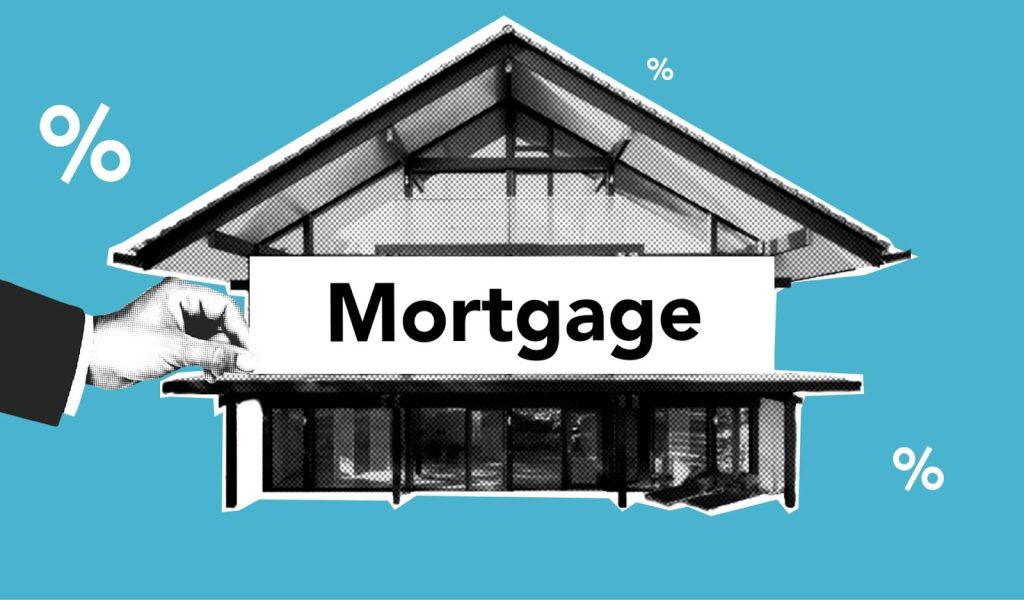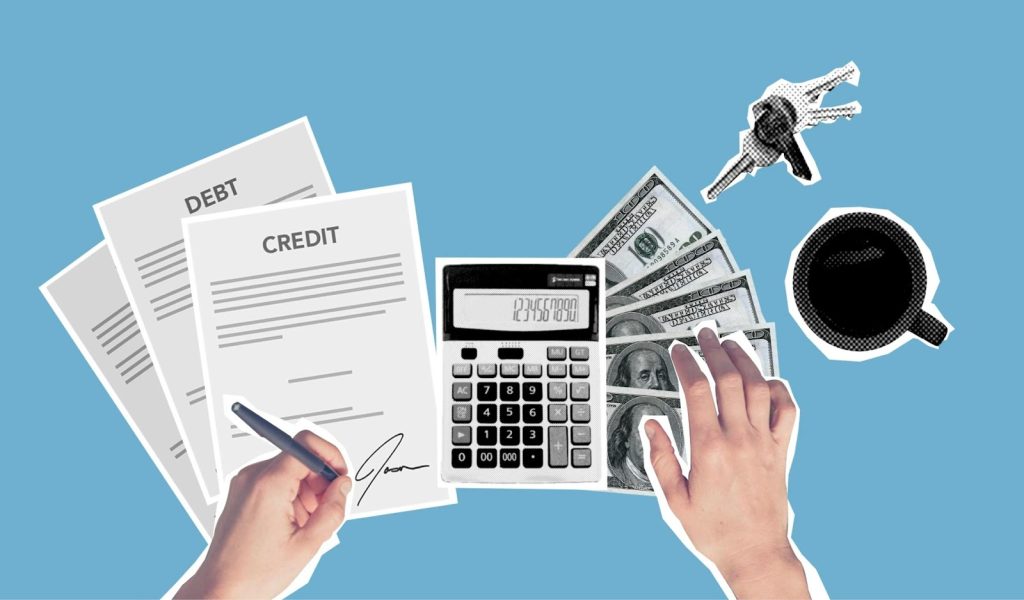Home Loan Repayment: Can You Defer Your Mortgage Payments?

Home loan repayment is a crucial aspect of homeownership, but what happens when you encounter financial difficulties that make it challenging to meet your monthly obligations? In such situations, being able to defer your mortgage payments can provide some relief. Let’s talk about the details of home loan repayment deferral.
Understanding Home Loan Repayment Deferral
Deferring your home loan repayments involves temporarily postponing the payment of your mortgage for a specific period. This can be beneficial when you are facing financial hardships or unforeseen circumstances that affect your ability to make timely payments.
When you defer your home loan repayments, the repayment amount usually gets added to the loan balance, extending the life of the loan. This allows you to address immediate financial concerns without defaulting on your mortgage.
If you are considering deferring your home loan repayments, it’s essential to get in touch with your lender to discuss your situation. They can provide guidance on the deferral process, eligibility criteria, and how it may impact your loan terms.
What Is Mortgage Deferment?

Mortgage deferment is similar to loan repayment deferral, where you can temporarily postpone your mortgage payments. It is a useful option during financial hardships but may have implications on your credit score and overall financial health.
Delaying mortgage payments through deferment may not directly impact your credit score, but it can show up on your credit report. It’s crucial to understand the potential consequences and how it may influence your creditworthiness.
If you are facing financial difficulties and considering mortgage deferment, reaching out to your lender is advisable. They can guide you through the process, assess your situation, and determine if deferment is a viable solution for your circumstances.
The Difference Between Defer and Forbear
Defer means you can temporarily stop making monthly payments towards your home loan balance. However, it’s important to note that fees and charges may still be added to your loan during this period.
On the other hand, if you opt to forbear on your mortgage repayment deferral, you may enter into a payment arrangement with your lender to help with repayments. This could involve making minimum repayments or agreeing on a higher monthly payment that will be payable at the end of your deferral period. Terms and conditions for this loan in the future will be outlined by your lender.
Keep in mind that before deferring or forbearing on your loan, it’s crucial to understand the terms and conditions set by your lender, who should hold an Australian Credit Licence.
Dealing with Financial Hardship and Loan Repayment

When experiencing financial hardship that impacts your ability to make mortgage repayments, explore all available options, including deferment. Selling your home is a drastic measure that should be considered after exhausting other alternatives.
Selling your home may help in repaying your loan if you have substantial equity. However, it should be a last resort, as it involves significant financial and emotional considerations beyond loan repayment.
Some lenders offer first home loan repayment holiday options, allowing borrowers to defer their repayments for a specified period after taking out the loan. This can provide relief for new homeowners adjusting to their financial commitments.
Applying for Loan Repayment Deferral
When applying for a loan repayment deferral, you may be required to provide proof of financial hardship, details of your current financial situation, and a formal request outlining why deferment is necessary. It’s crucial to be transparent and thorough in your application.
During the deferral period, interest charges may still accrue on your loan balance. This means that while you are not making payments, the outstanding amount continues to accumulate interest, potentially increasing the total cost of the loan over time.
You may be able to defer your loan payments when facing temporary financial difficulties, job loss, medical emergencies, or other unforeseen circumstances that impact your ability to make timely repayments. It’s essential to communicate with your lender promptly in such situations.
Seeking Assistance from Home Loan Specialists

Home loan specialists can provide expert advice and assistance in navigating the process of repayment deferral. They understand the complexities of home loans, deferment options, and can guide you on the best course of action based on your financial situation.
Your financial situation plays a significant role in whether your loan deferment request is approved. Lenders assess your ability to repay the loan, the reasons for deferment, and the impact of deferred payments on your overall financial health before making a decision.
Credit reports provide insights into your financial behaviour and creditworthiness. Lenders may review your credit report when evaluating a loan deferment request to assess risk and determine the impact of deferred payments on your credit standing.
Freshwater Financial Services can help you if you’re having trouble with your home loan payments. They have experts who can look at your situation and help you find a solution. Maybe you need to delay your payments for a while, or change how much you pay each month. Freshwater Financial Services can talk to your lender and work out a plan that works for you. They’ll make sure you understand everything and guide you through the process, so you don’t have to worry about it alone. If you’re struggling with your home loan, Freshwater Financial Services is here to help.
FAQ's
A: To defer your home loan repayments, you need to get in touch with your lender and discuss the option of deferring your loan payments. You may need to provide necessary information or submit a form to request the deferral.
A: Yes, deferring your home loan repayments may impact your credit score. It is important to understand how a repayment holiday could affect your credit report before deciding to defer your repayments.
A: Home loan customers may be able to defer a mortgage payment for up to six months. It is important to note that while this can provide temporary relief, you may end up paying higher interest in the long run. Mortgage brokers can help you navigate support options and understand the lending criteria.
A: Yes, first home buyers are eligible to defer their mortgage payments if they are facing financial difficulties. You can discuss the option of deferring your home loan repayments with your lender.
A: If you have a mortgage, you might be able to skip a payment once in a while, usually up to 4 times a year. When you skip a payment, the interest you didn’t pay gets added to what you owe, and then you pay interest on that too. So, it’s like delaying your payment, but it can make your mortgage cost more in the long run. It’s important to check with your lender before skipping a payment to understand how it will affect your loan.
A: If you defer your home loan repayments, interest will continue to accrue during the deferral period. It’s important to understand that deferring your repayments may result in you paying more over the life of the loan.
A: You can get in touch with your lender either through phone or email to discuss deferring your home loan repayments. Lenders may have specific procedures in place for requesting a repayment holiday.
A: Generally, when you defer your loan repayments, you may not be able to make extra repayments during the deferral period. It’s important to check with your lender for specific details regarding making additional payments while on a repayment holiday.
Need a home loan? Let’s chat.
Hit the button below to arrange a conversation with one of my loan specialists to find a deal that’s best for your situation.
We partner with over 50 lenders so you can find the perfect solution

Share on: